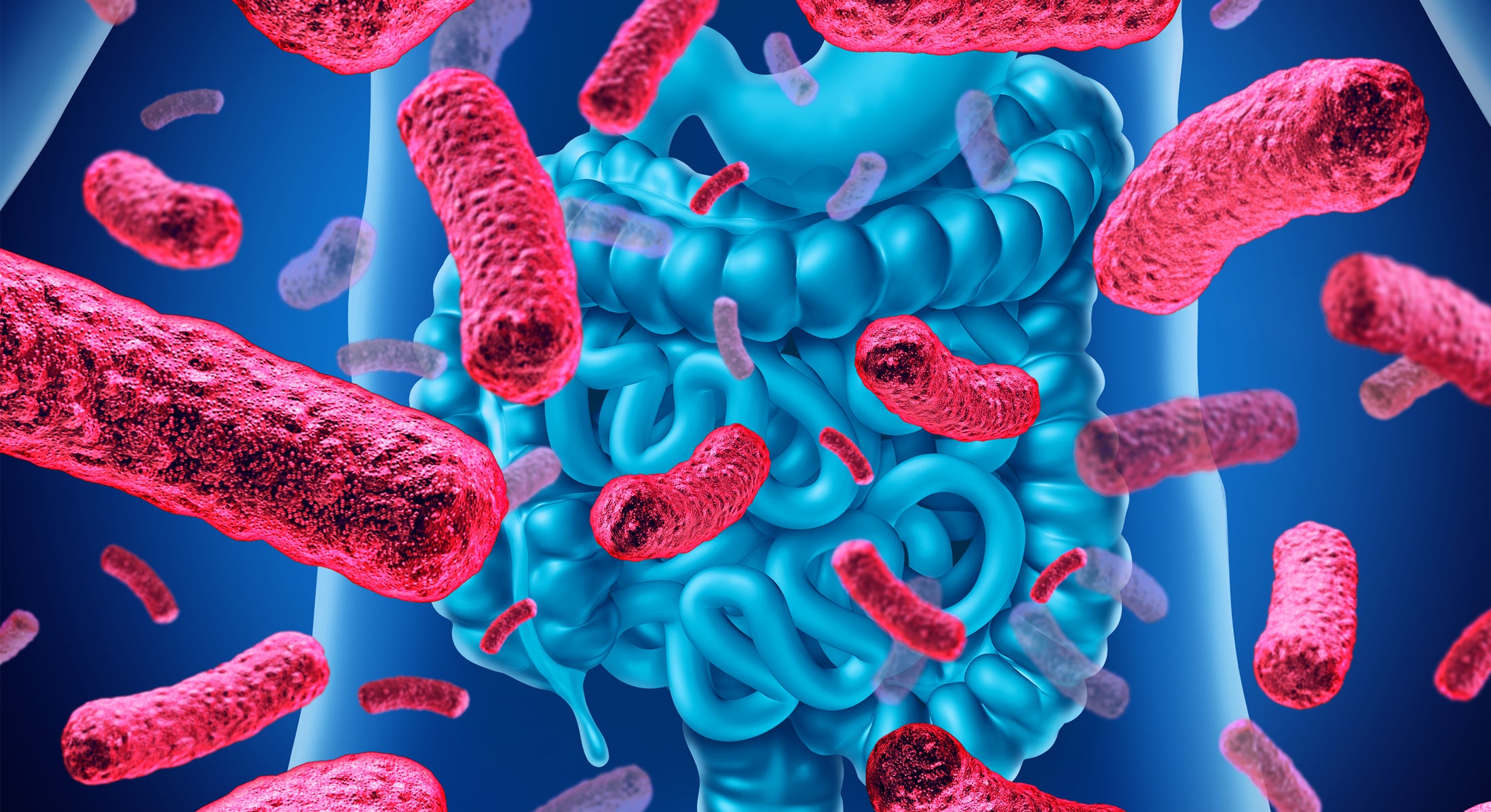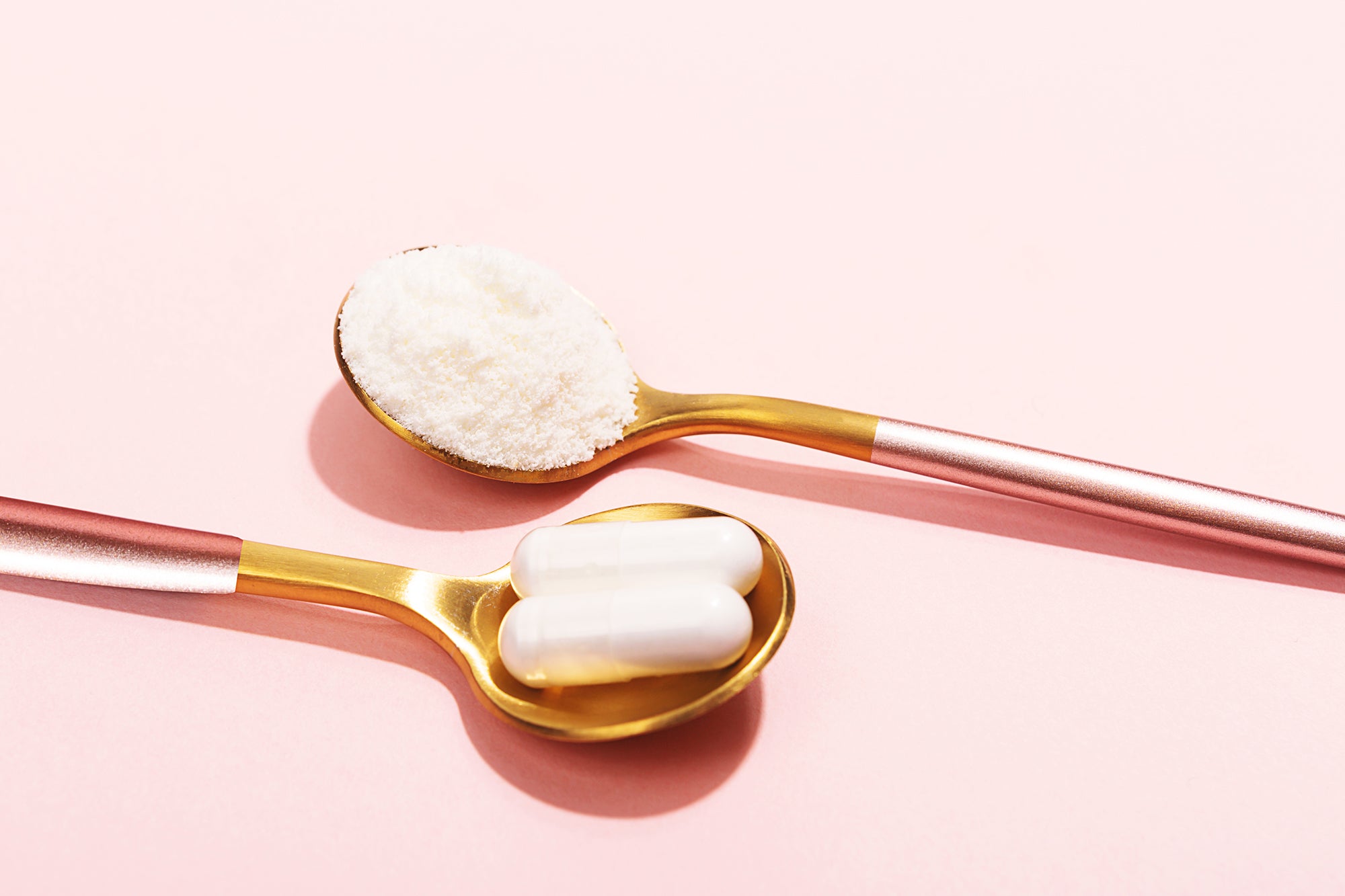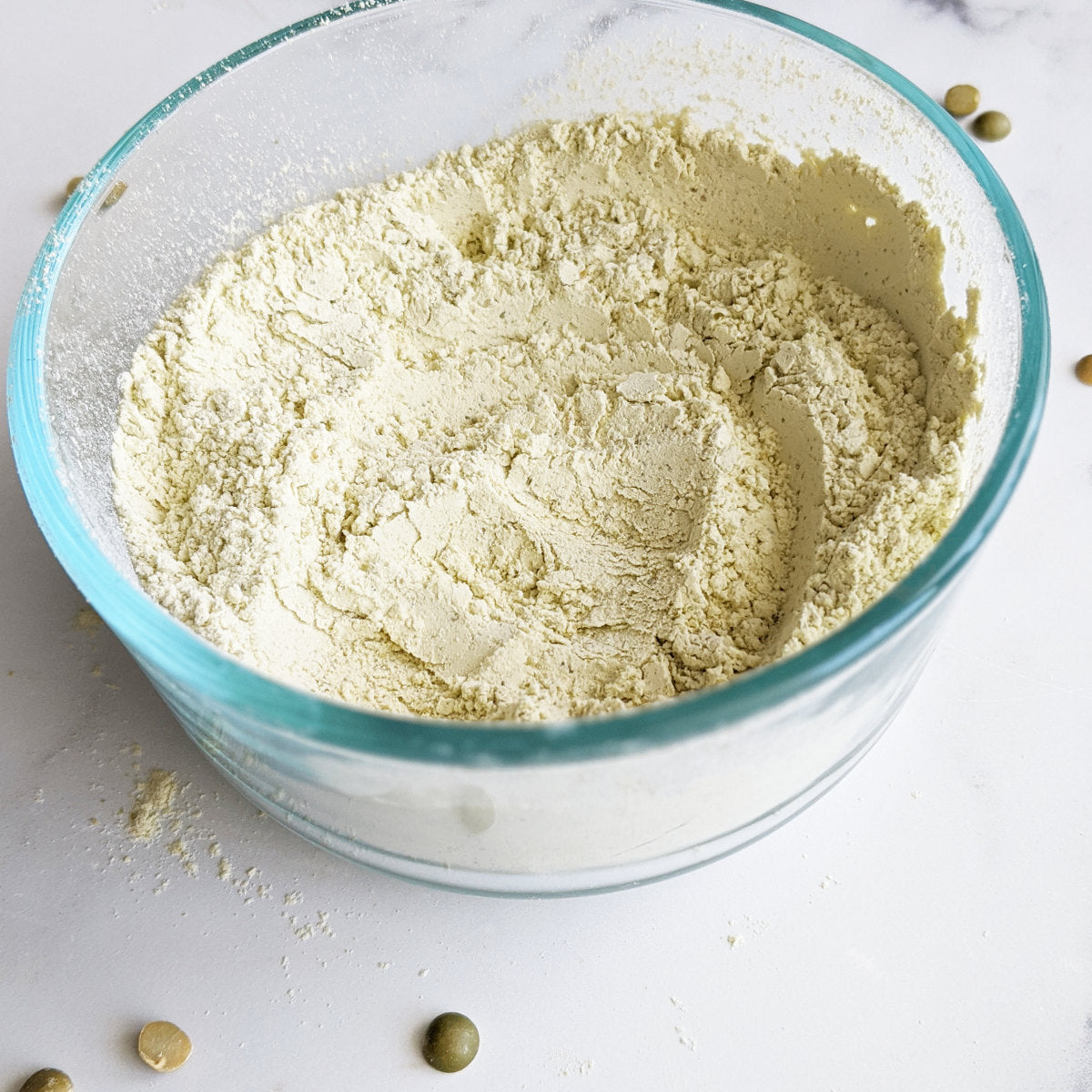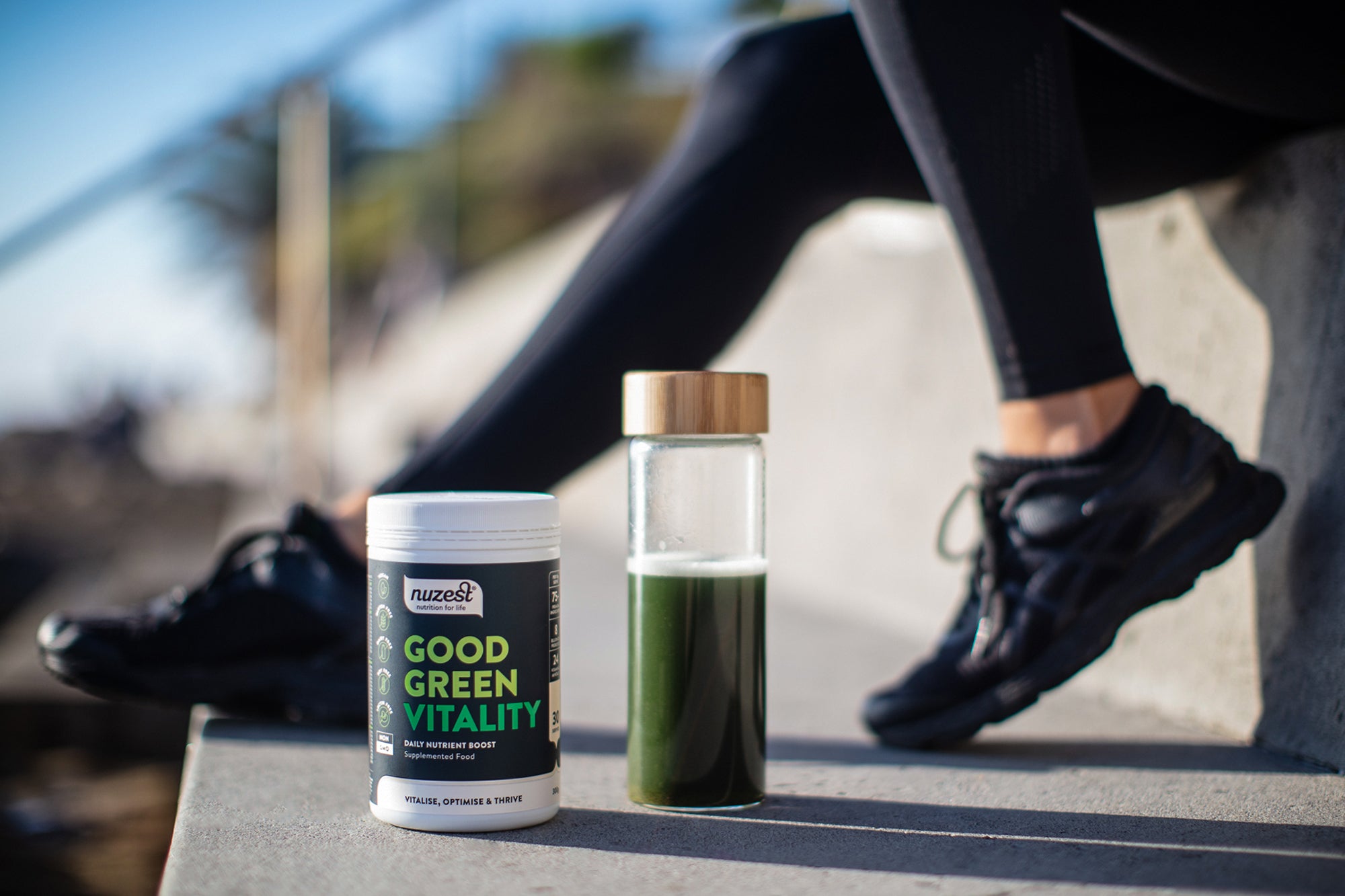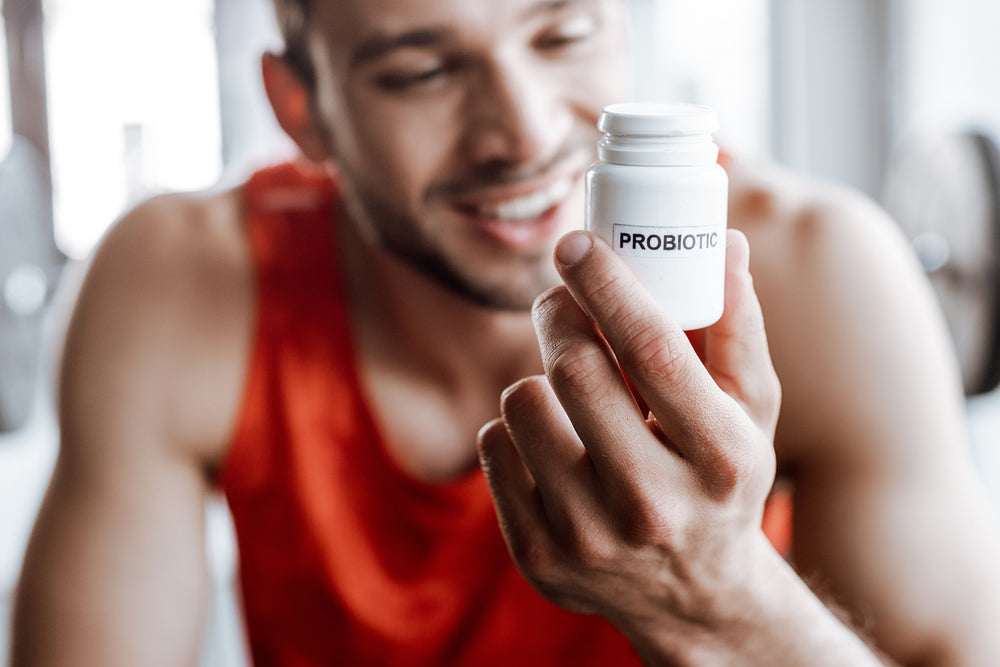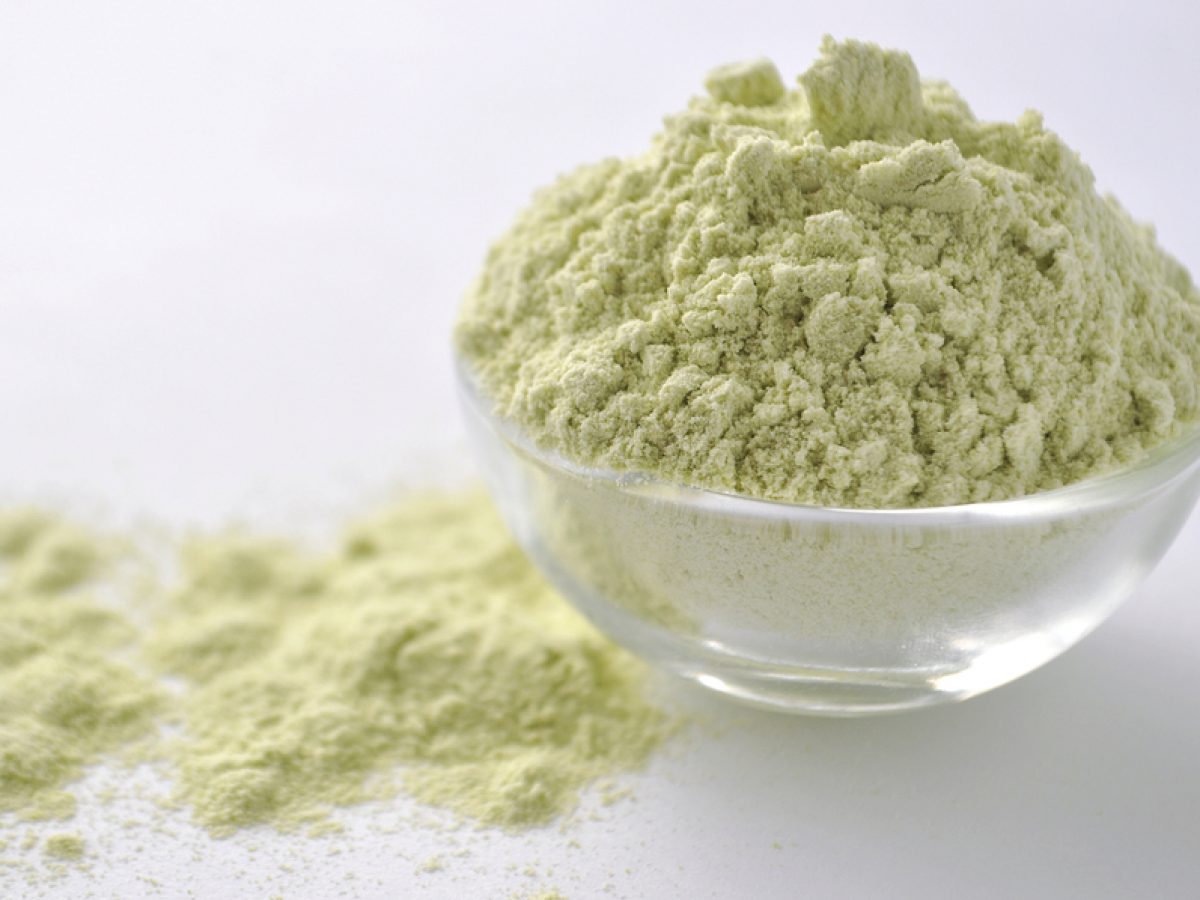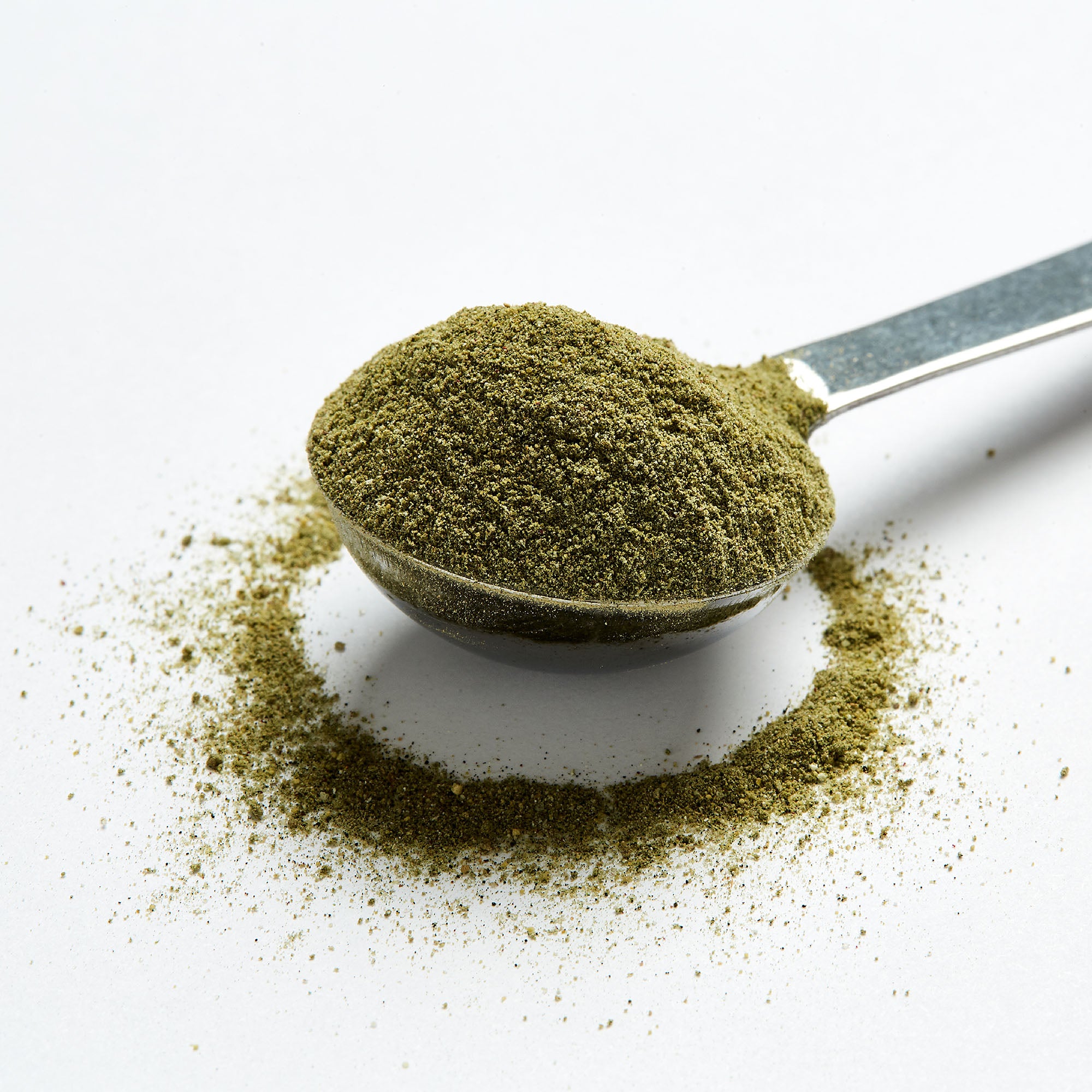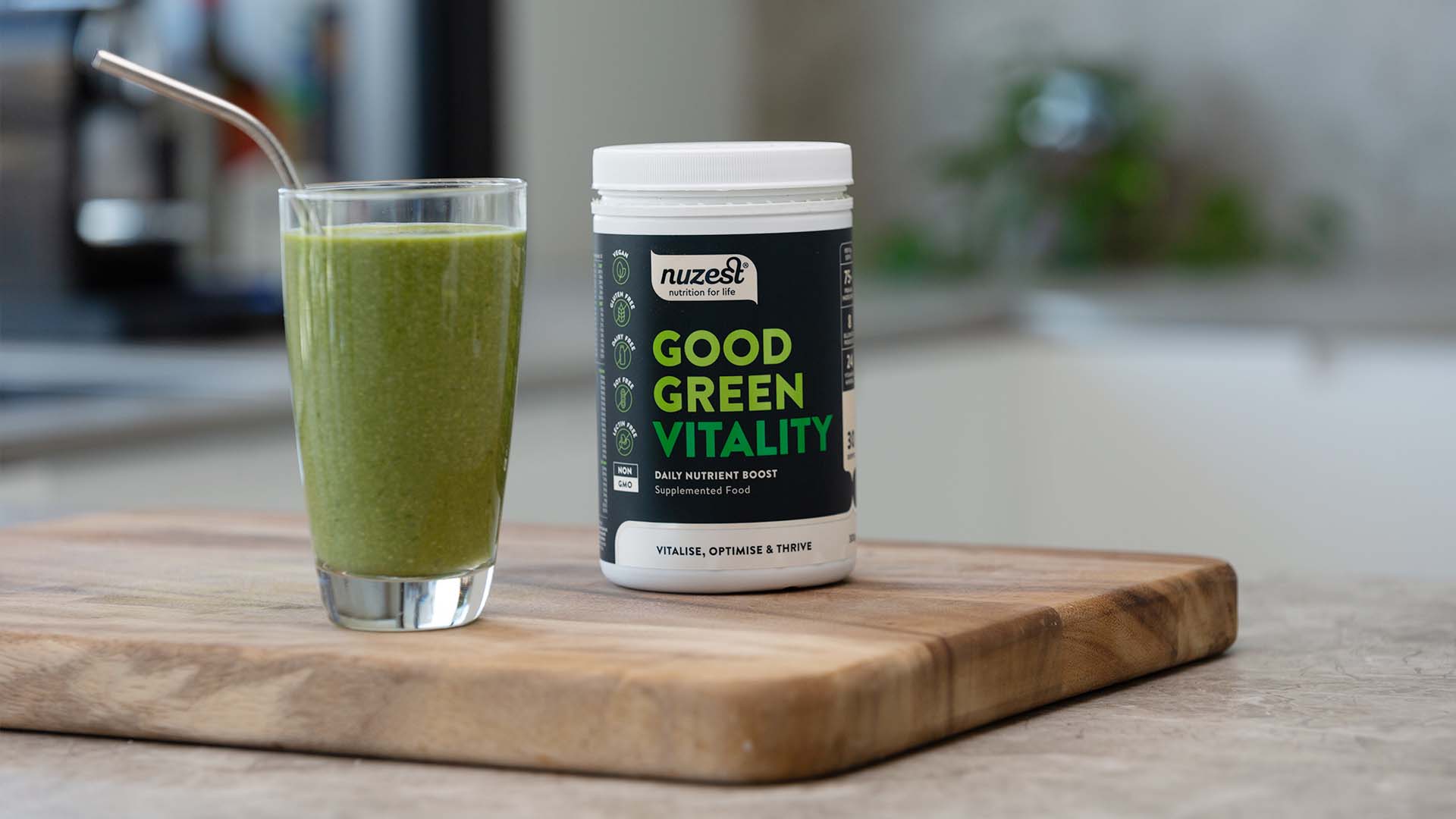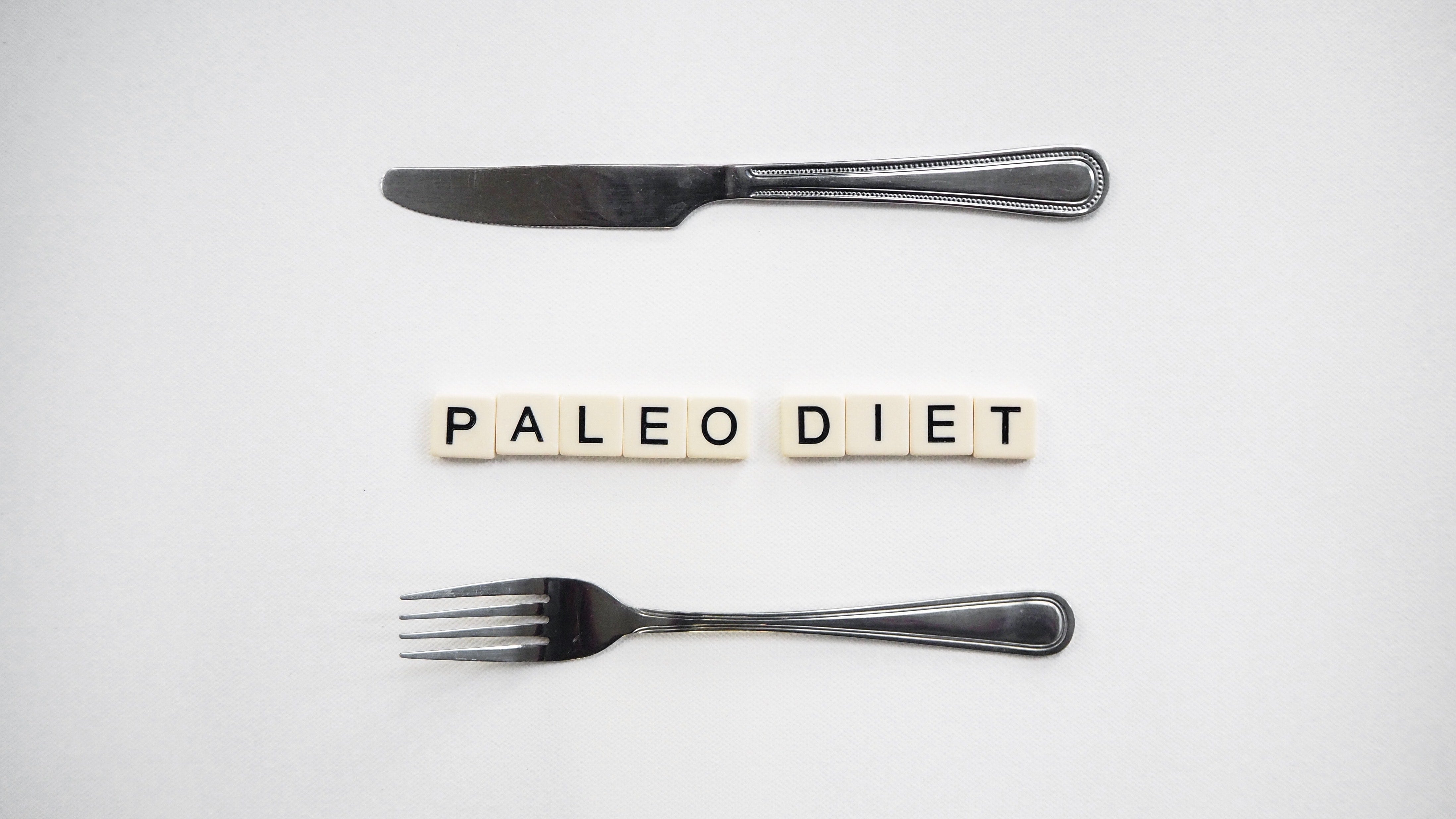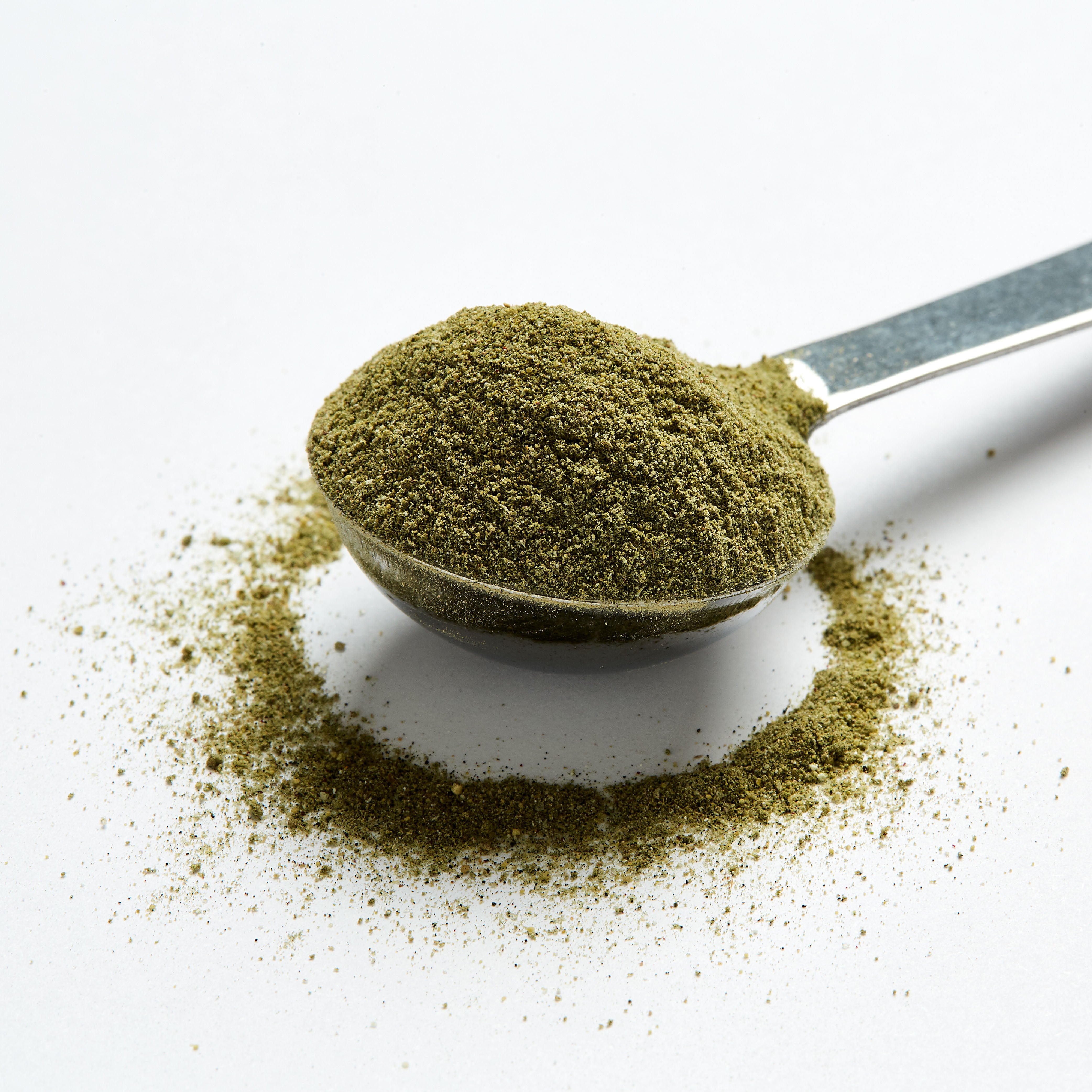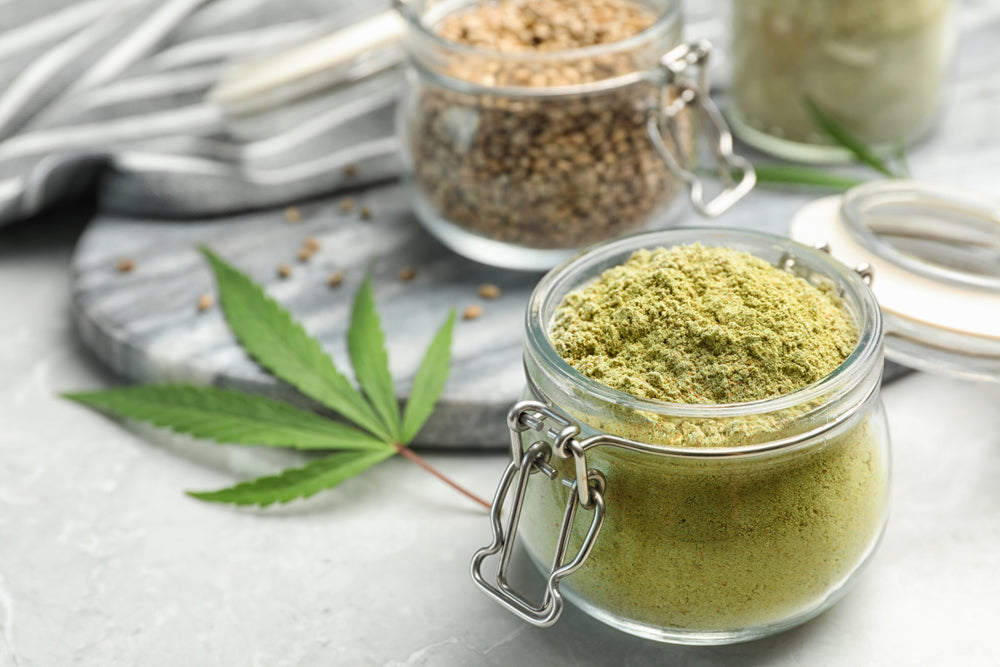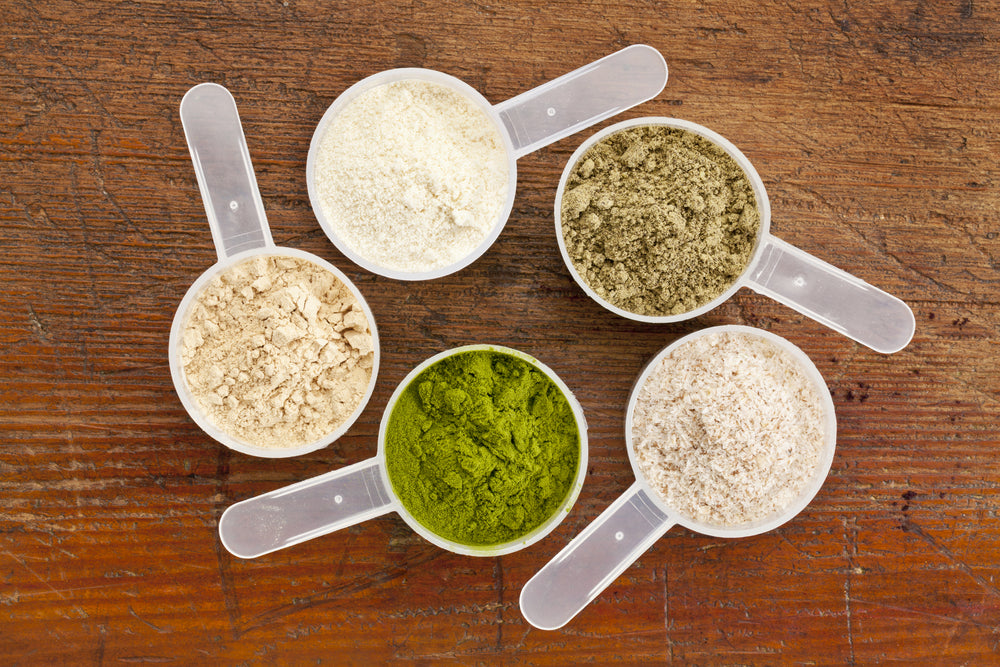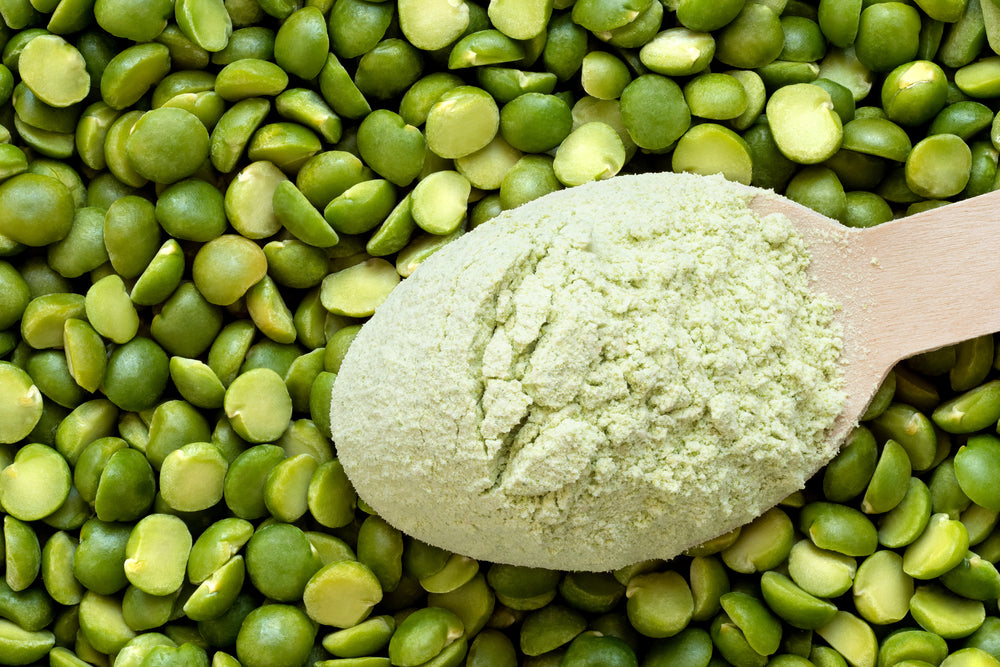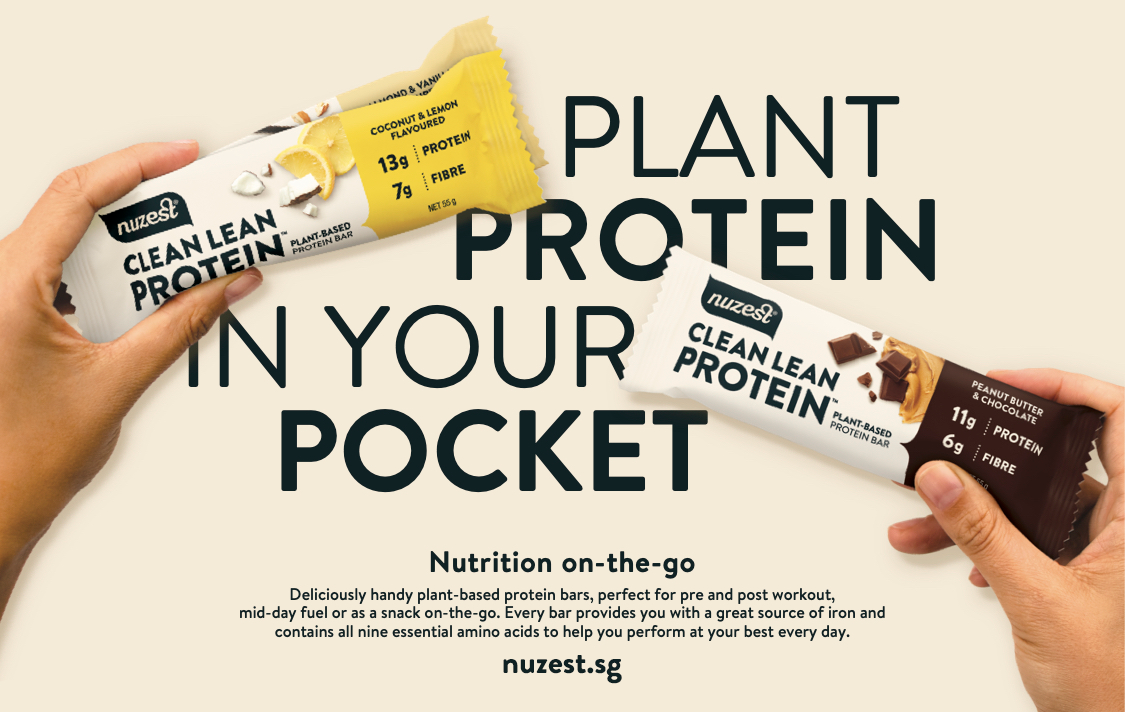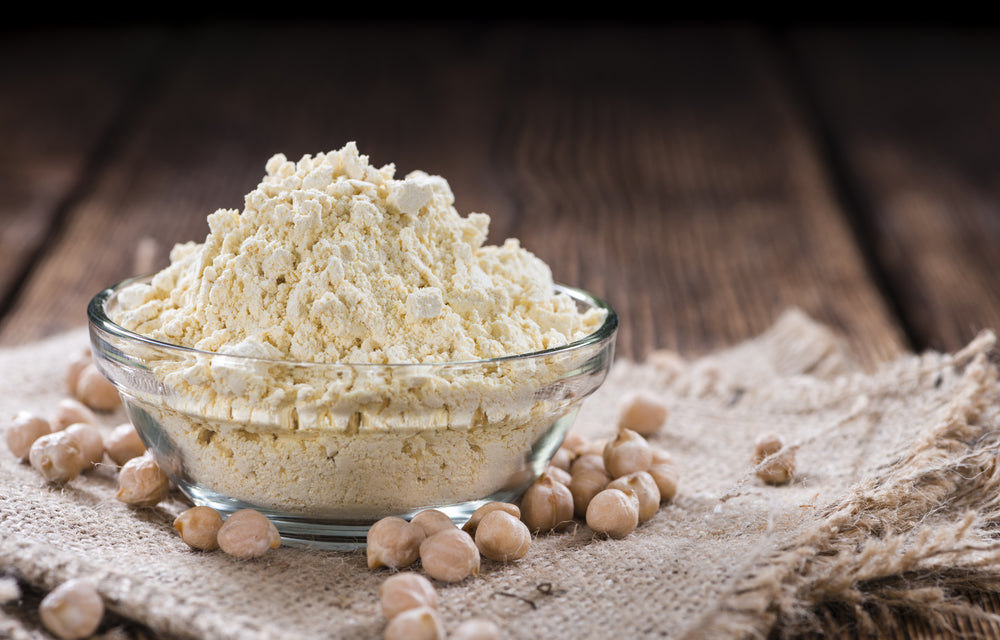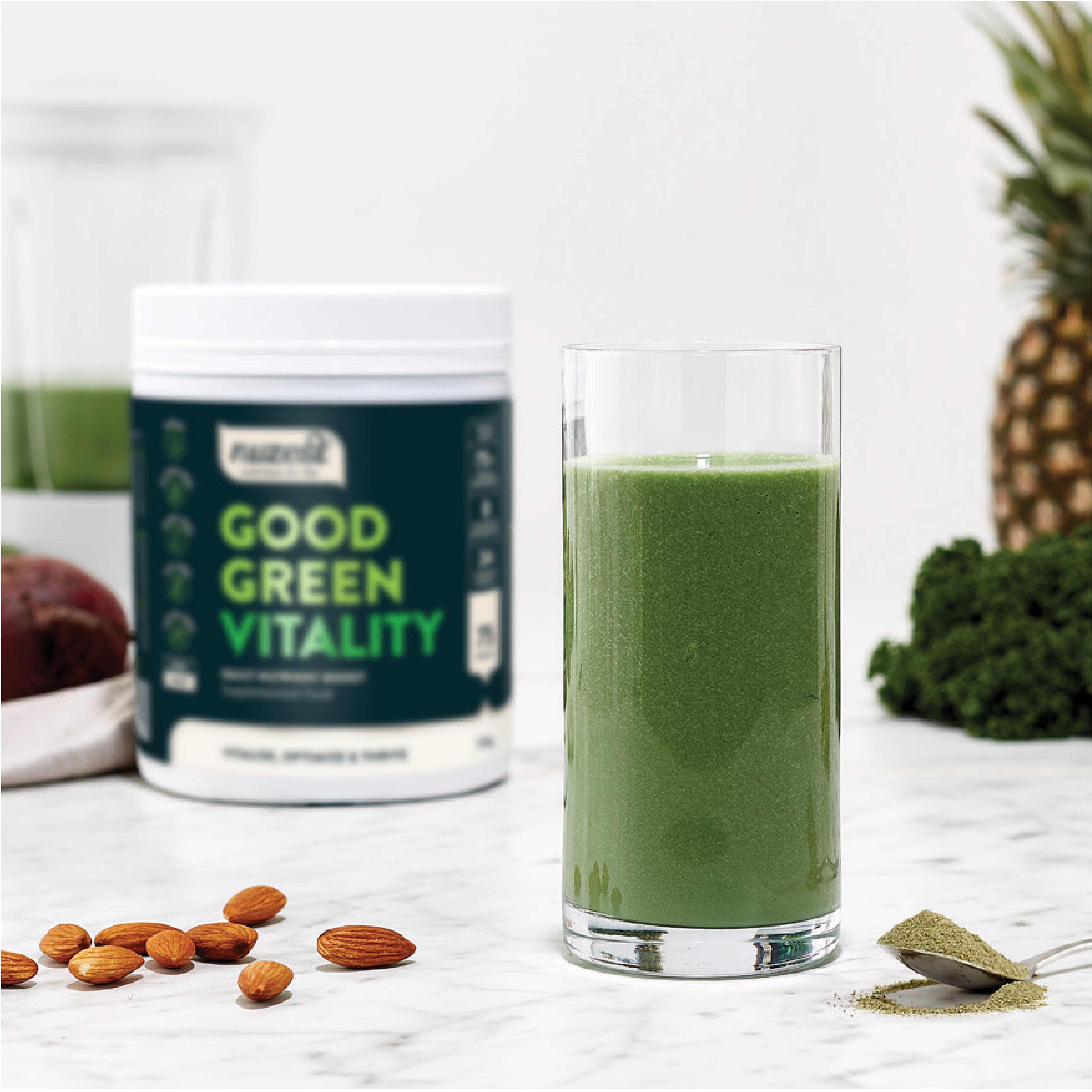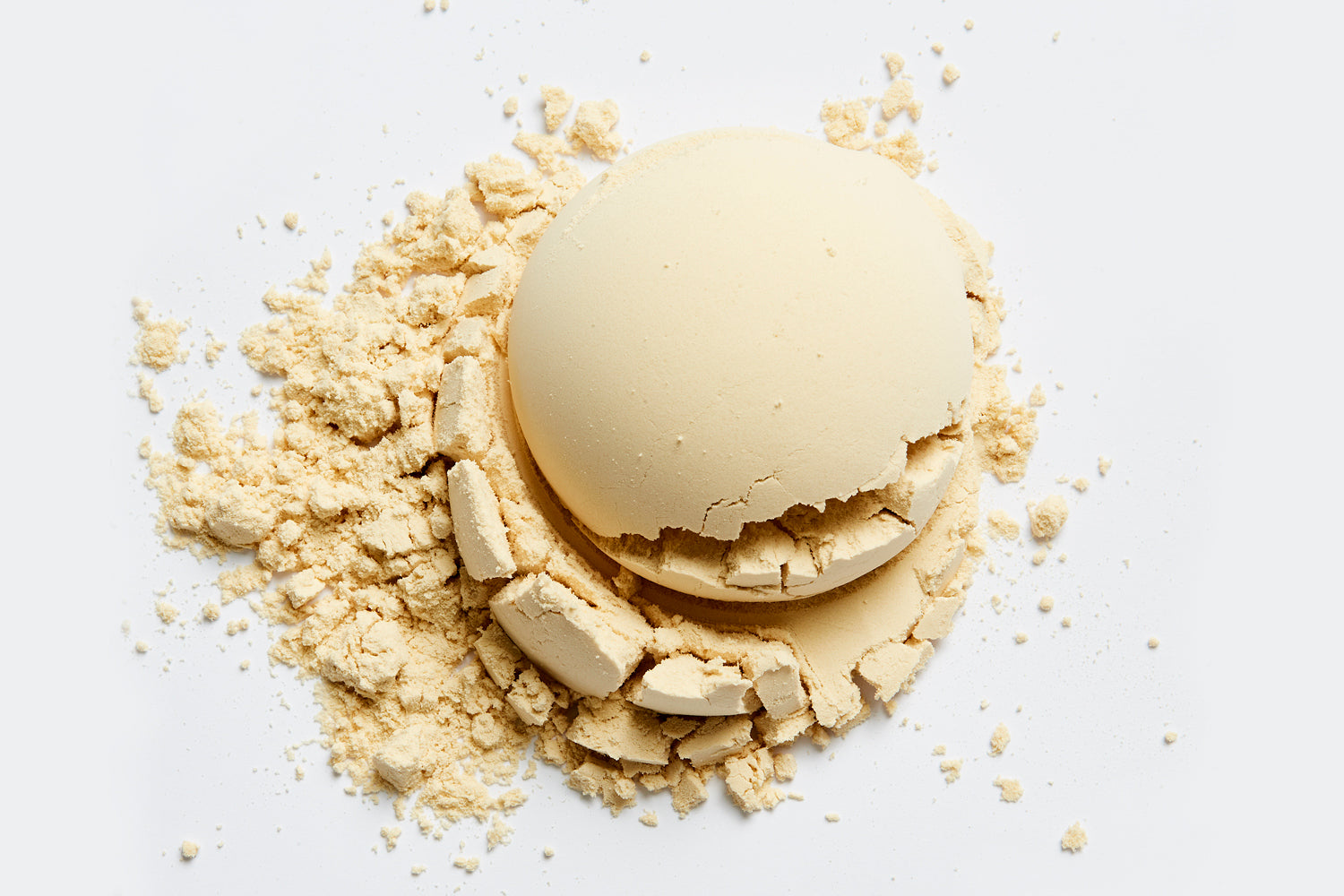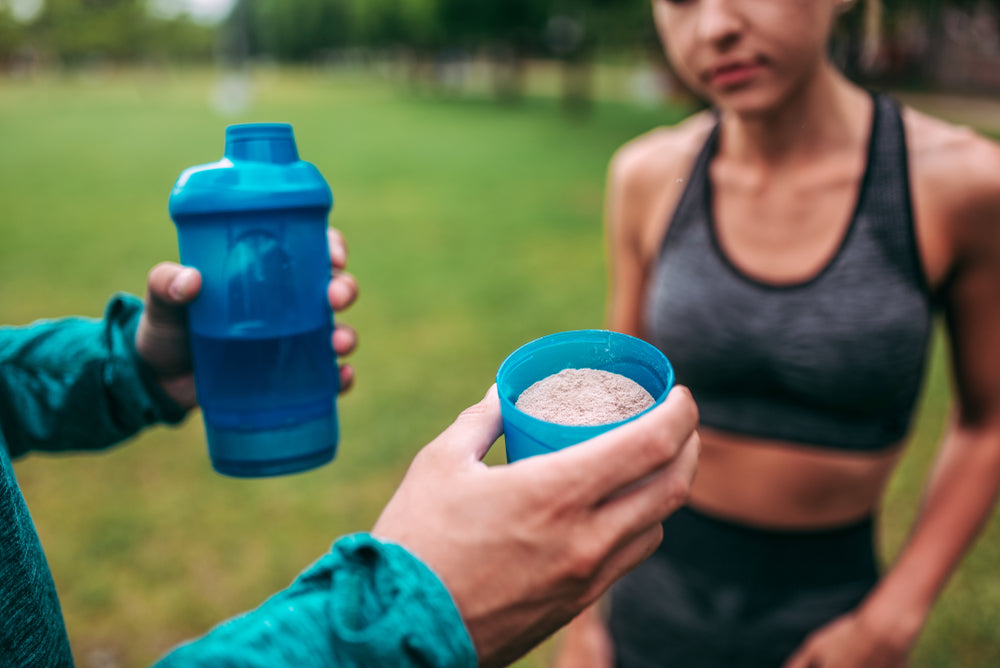Can You Take Probiotics On An Empty Stomach?
Getting the most out of your probiotic supplement matters and people often ask when it is more effective to take them. Is it best ingested on an empty stomach? Or is it necessary to take it with food?
Yes, you can take probiotics on an empty stomach as it allows them to get to the gut as quickly as possible. In fact, research claim that the quicker the probiotics reach their destination, the more health benefits you can reap from them.
This post will help you understand all you need to know about probiotics and find out how effective it is to take them with food or with an empty stomach.
Let's go!
What Are Probiotics?
Probiotics are tummy-friendly live microorganisms, known as good bacteria, that provide physiological effects to our health. The unit used to measure the concentration of viable microbes is in Colony-forming Units (CFU).
While these good bacteria are naturally occurring in a variety of foods, they are also added to commercial products or even found in dietary supplements.
Nowadays, probiotic supplements are accessible over-the-counter. They come in the form of tablets, capsules, or powder, comprising a wide variety of strains and doses. In most cases, probiotic supplements often hold mixed cultures of live microorganisms instead of a single-strain formula.
Types Of Probiotics
Research revealed that the most common probiotic bacteria are the Lactobacillus and Bifidobacterium species. Besides these, other common strains of healthy probiotics include:
- Lactobacillus acidophilus
- Lactobacillus bulgaricus
- Lactobacillus casei
- Lactobacillus gasseri
- Lactobacillus plantarum
- Bifidobacterium bifidum
- Bifidobacterium lactis
- Bifidobacterium longum
- Enterococcus faecium
- Saccharomyces boulardii.
How Much Probiotics Should You Take Daily?
A probiotic supplement may contain one to ten billion CFU per dose. The daily dosage for probiotics varies per product. The effectiveness will also depend on the formula's type of probiotic strains.
Generally, children will need 5 to 10 billion CFU of probiotics per day. For adults, it is 10 to 20 billion CFU per day.
What Are the Health Benefits Of Probiotics?

Our gastrointestinal tract (G.I. tract) is home to trillions of microbes. A community of microbes dwelling in the body is called the microbiome.
When there's an imbalance in the composition of your microbiome, it dramatically affects the body's physiological functions. That's when probiotics play an important to our health.
Note that each type of probiotic strain is unique. Probiotics boost beneficial bacteria to restore balance in the microbiome and prevent inflammation and intestinal problems in the gut. On the other hand, some strains are best for your oral health, skin health, and more.
Taking probiotics have shown remarkable effects in the following health aspect:
Digestion
Probiotics aid food digestion and nutrient absorption. It can also help lessen digestive discomfort by reducing symptoms of gastrointestinal distress.
Bowel movement
Probiotics promote regular bowel movement and reduce bloating by helping food flow smoothly throughout the digestive system.
Glycemic index and cholesterol levels
Research found that taking probiotics can help lower blood sugar levels and the risk of cardiovascular diseases.
Mental health
When there's an imbalance in the gut microbiome, it releases inflammatory chemicals that can affect nervous system activity. Lactobacillus helveticus and Bifidobacterium longum strains have a significant impact on lessening anxiety and depression symptoms.
Weight loss
Researchers discovered that taking certain probiotic strains can help support weight loss.
Additionally, probiotics can play a significant role in the treatment or prevention of diarrhea, irritable bowel syndrome, ulcerative colitis, ulcers, Crohn's disease, urinary tract infection, vaginal infections, and eczema.
What Foods Contain Natural Sources Of Probiotics?

Here's a list of excellent food sources of cultures of good bacteria:
- Buttermilk
- Cheese
- Fermented fish products, i.e., garum
- Fermented rice drink, i.e., amazake
- Fermented soy products, i.e., nato
- Hakari (fermented shark)
- Injera
- Kefir
- Kimchi
- Kombucha
- Miso paste
- Pickled fruits, i.e., atchara
- Sauerkraut and other pickled vegetables
- Tempeh
- Tofu
- Yogurt
Not everybody can get these probiotic-rich food sources anytime they want. Thus, some may opt to take probiotic supplements to get all the healthy goodies they offer. In fact, the National Institutes of Health (NIH) announced that probiotic supplements are the third most common dietary supplement next to vitamins and minerals.
So before you purchase any probiotic supplement, we advise that you should speak with your doctor before taking any probiotic regimen.
Is It Okay To Take Probiotics On An Empty Stomach?
Yes, it is okay to take probiotics on an empty stomach!
Here's the catch! According to a study published in the Beneficial Microbes Journal, a smaller amount of probiotics may only reach your gut if taken after meals. Yes, it means that some live microorganisms will die along the way to the colon.
As your probiotics find their way to the gut, the level of your stomach's acidity can hinder their probability of survival. Thus, stomach acid can either kill your probiotics or reduce their efficacy the longer it takes to get to the gut.
According to a study, probiotics will more likely survive when given 30 minutes before a meal or at the start of a meal than taking it 30 minutes after a meal while digestion is in full swing. Thus, taking probiotics with meals delays the transport of your probiotics down to the colon, where it will perform its role.
If you want to ensure that you have more live probiotics to reach your colon, we recommend that you should go for high-quality and potent probiotic supplements with Lactobacillus, Enterococci, and Bifidobacterium strains. These strains have a protective coating that can withstand the acidic environment of your stomach. That way, they'll be able to release their contents just in time when they reach their final destination.
How About Taking Probiotics With Food?
There's nothing wrong with taking probiotics together with your meals, even if it takes time to transport them down to your gut. To help your probiotics last longer until they reach the gut, studies found that taking it together with fat-rich foods increases their rate of survival.
But, wait! Don't jump on the idea that you can start taking a spoonful of oil or butter per day. Note that they are not the only sources of fats. You have your fatty fish, low-fat dairy products, avocados, coconuts, nuts, and seeds - the monounsaturated and polyunsaturated fatty acids.
Overall, read the manufacturer's instructions to make sure you can take the supplement on an empty stomach. Note that some probiotic supplement manufacturers would advise their consumers to take the supplement on an empty stomach, while others will indicate that it should be taken with food. Overall, you just need to follow the product directions on how to take it.
What Are the Risks Of Taking Probiotics?
Probiotics can make you sick if you have a weak immune system. It may also cause symptoms like gas and bloating.
In most situations, probiotics don't usually cause significant side effects among healthy people. However, it is essential that you should investigate each brand of probiotic supplement that you may want to purchase in the future.
You need to choose probiotic supplements from tested and reputable brands. Be aware that not all probiotics you find in the market are well-studied, and you cannot tell how it may affect your health unless you try it.
How To Choose Probiotic Supplements?
If you're planning to supplement with probiotics, there are a few points you need to remember when choosing the best ones in the market.
- Billions in dosage. Choose a probiotic supplement that contains billions of good bacteria. Remember that children may need 5 to 10 billion CFU of probiotics per day, while adults need a daily dose of 10 billion CFU or more.
- Multiple strains in one. Our gut contains a diverse number of colonies. The more strains the supplement has, the better.
- Free from binders or fillers. Read the ingredients carefully and avoid ingredients like binders and fillers as they can cause gas or bloating.
Don't forget to check the expiration" or "use by" date. Make sure to consume everything before your supplement expires.
Before you start taking probiotics, talk with your doctor to find out if it is necessary for you to take them. Probiotics should not be taken by individuals with an immune deficiency or for someone who is undergoing cancer treatment.
Get Eight Billion CFU of Probiotics from Our Good Green Vitality!
Nuzest's Good Green Vitality contains 8 billion CFU probiotic cultures of L. acidophilus and B. bifidum. Our refreshed, rejuvenated, and expertly formulated supplement promotes energy, vitality and balance, immune support, easy digestion, healthy aging, and memory and stress control.
Plus, Good Green Vitality is vegan, gluten-free, dairy-free, soy-free, lectin-free, and non-GMO. Everyone from 4 years and up can take this supplement as nutrition support.
All our Nuzest products are independently tested before it gets to you! We only accept the most advanced nutritional products with the highest quality on the market.
Learn more about why Nuzest Good Green Vitality is recognized as the best supplement in the 2021 Remix Lifestyle Awards. Click here to find.
Good Green Vitality
75 ingredients working together to support everything from digestion, immunity, and healthy ageing, to stress, energy, and cognition in one daily serve.

Disclaimer:
The information provided on Nuzest is for educational and informational purposes only. The information provided on this site is not, nor is it intended to be, a substitute for professional advice or care. Please speak to your qualified healthcare professional in the event that something you have read here raises questions or concerns regarding your health.

